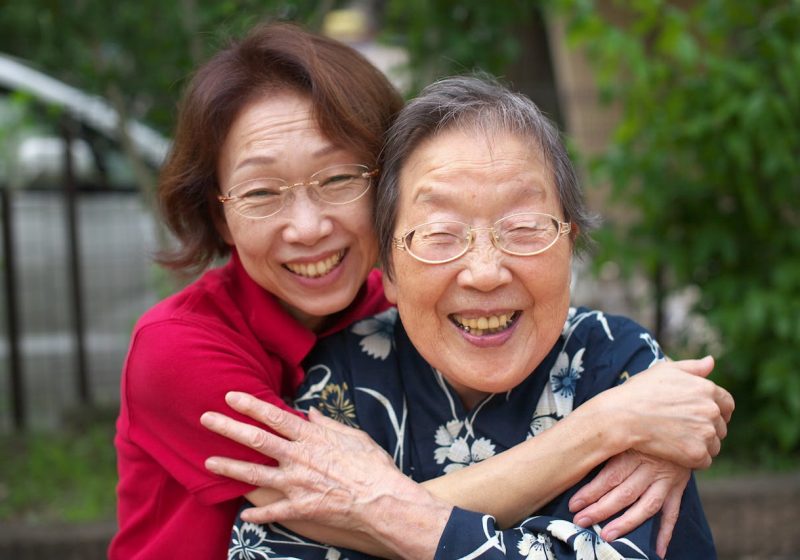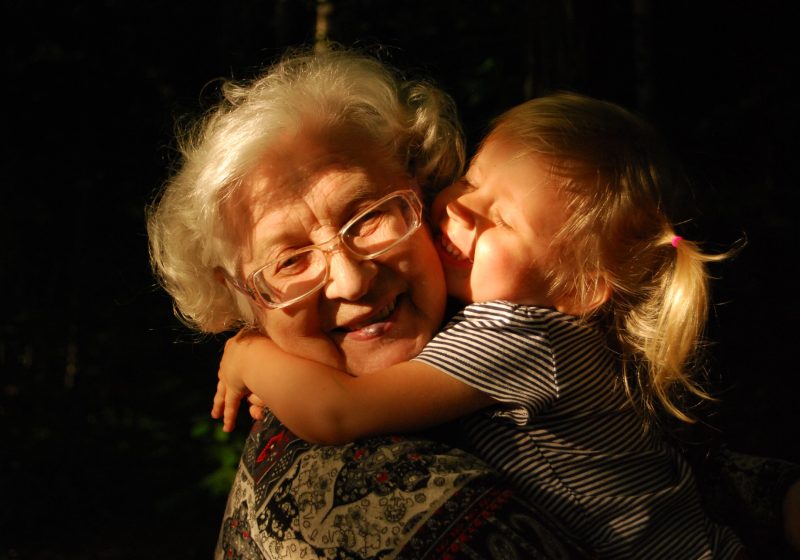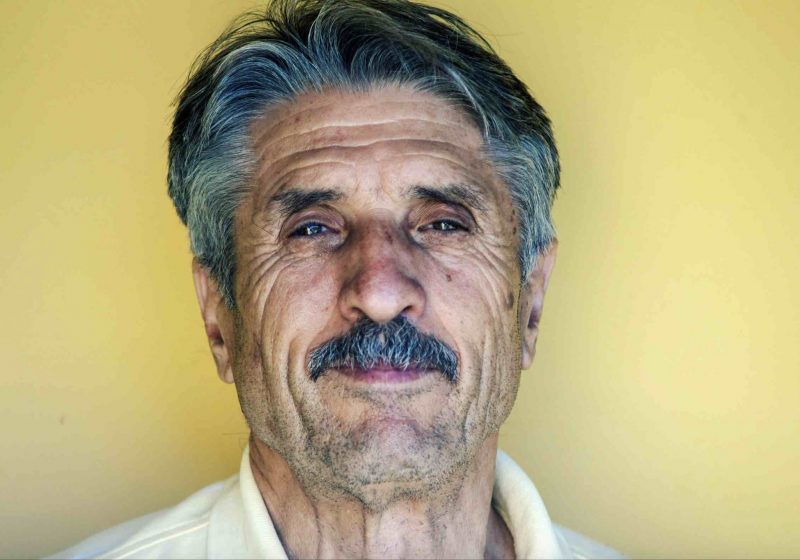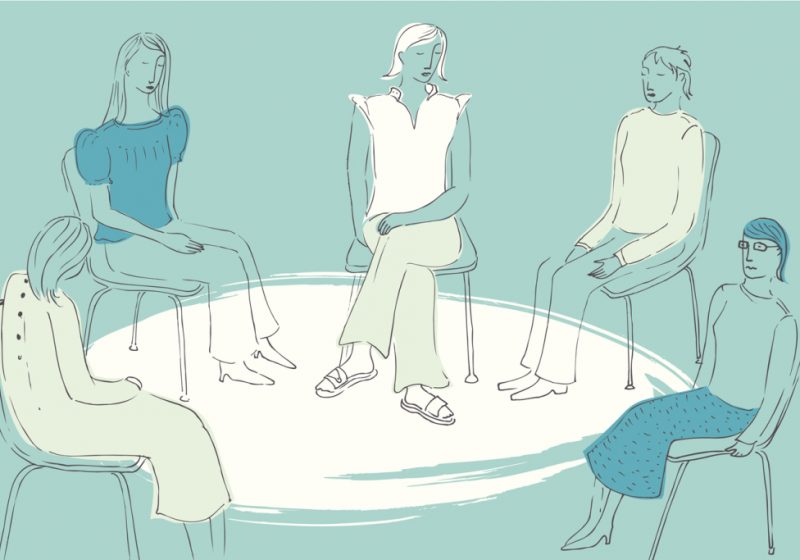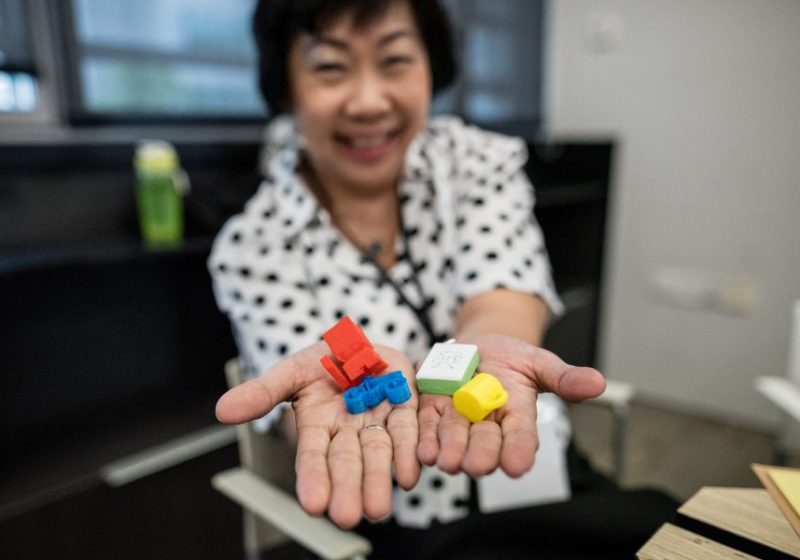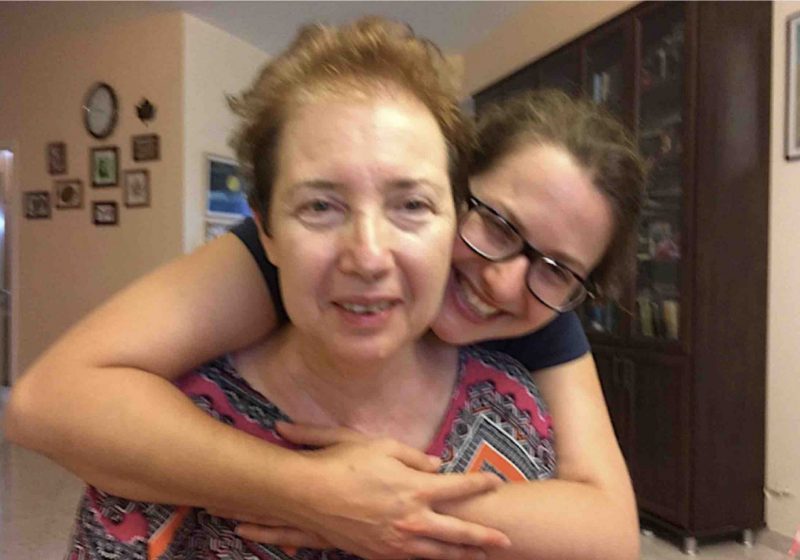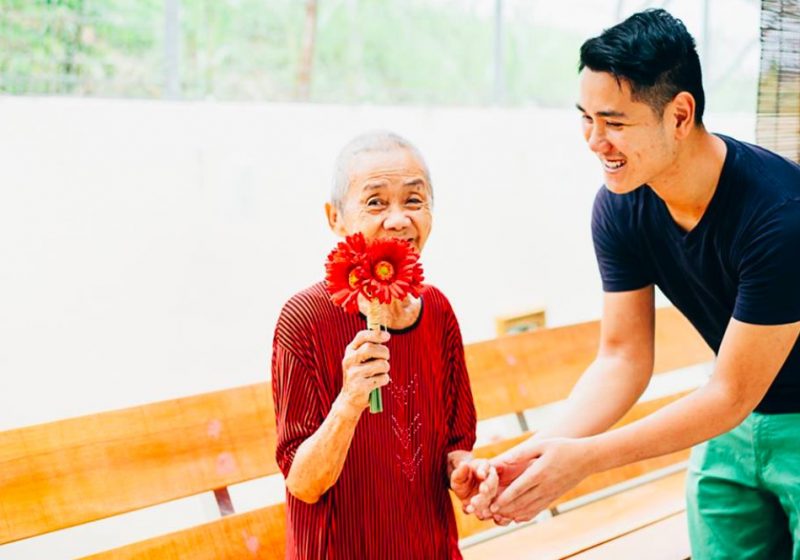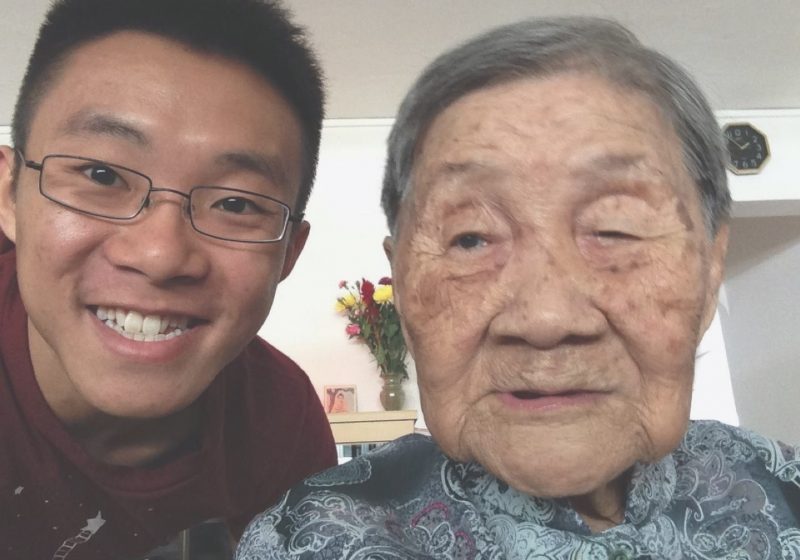Finding an exercise routine is really important; doing something that’s manageable and can fit into our day, like 20 to 30 minutes of working out, going for a walk, or developing a yoga or simple stretch routine to work out at home, can help elevate our physical health.
By Cheryl Bok

Evidence suggests that 3 in 5 of us will become an unpaid carer at some point in our lives. As such, understanding how this role might impact an individual’s life and how the caring role can be supported should be a top priority for us as carers.
If you are a carer, you would find yourself frequently feeling tired, exhausted, sad and isolated. When the condition of our loved one progresses, we might face changes in the relationship dynamics and increased tension. This could lead to a decline in the proportion of time we spend on self-care.
Start with caring for your physical health
Therefore, it is extremely vital for us, as carers, to develop coping strategies to manage the challenge of caring for someone we love. The key is to develop a variety of different tools because one strategy may not work for every situation.
For a start, recognise that staying physically active, eating healthy foods, and keeping hydrated are essential to maintaining good health and continuing to enjoy life.
Sleep is the foundation of our health.
How does caregiving affect physical health?
Over time, the daily actions, activities and stress you face being a carer can begin to negatively affect our physical health. It is crucial for us to be aware of these potential physical health impacts and take proactive steps to prioritise self-care:
- Chronic stress: Carers often experience chronic stress due to the demands and responsibilities associated with caring for a loved one. Persistent stress can lead to various health issues, including elevated blood pressure, cardiovascular problems and chronic inflammation.
- Physical strain: The physical tasks involved in caregiving, such as lifting, transferring or assisting with personal care, can lead to physical strain and injuries. Over time, these demands can take a toll on your overall musculoskeletal health.
- Sleep disruptions: Sleep is the foundation of our health. Carers often face interrupted sleep patterns, either due to the needs of the loved one they are caring for or due to their own worries. Lack of adequate sleep can contribute to fatigue, low energy, and overall diminished well-being.
- Weakened immune function: Lack of physical activity can also cause a compromise in your overall immune system, making carers more susceptible to infections and illnesses.
How to become a physically active carer
Physical activity is a widespread concern, especially among carers who, evidence suggests, may be less active than they desire, raising the risk of both physical and mental health challenges.
Here are practical steps you can take, as highlighted in this video from the mental health charity, Mind.
Incorporating more movement into our day doesn’t have to be overwhelming; even small changes contribute to overall well-being. Finding an exercise routine is really important; doing something that’s manageable and can fit into our day, like 20 to 30 minutes of working out, going for a walk, or developing a yoga or simple stretch routine to work out at home, can help elevate our physical health.
Choosing activities we enjoy is key to sustaining physical activity. Experiment with different activities until you find one that resonates with you. Having your family members, friends, and loved ones join you can boost motivation, and listening to music while being active can enhance enjoyment!
It doesn’t have to be a complex fitness program – pacing yourself is crucial! Listen to your body and adjust your activity level based on how you feel. Starting slowly and gradually increasing activity intensity can prevent discomfort and soreness. Staying hydrated is equally important, so remember to drink water before, during, and after activities to support overall health.
Being physically active with your care recipient
By partaking in an activity or exercising together creates shared moments and emotional connection with the person you are caring for. This might help to create joyful interactions during the activity, giving a source of joy and positive emotions. This provides both parties with opportunities to enhance their health and overall well-being.
Seek help and collaborate with health professionals to establish reasonable goals aligned with your care routine, preferred exercises and daily activities like walking, gardening or shopping.

It is important, however, to note that a personalised strategy is key when aiming to increase the physical activity levels of your care recipient. You should seek help and collaborate with health professionals to establish reasonable goals aligned with your care routine, preferred exercises and daily activities like walking, gardening or shopping.
What else can I do to reduce carers’ stress symptoms?
Become your own caregiver by committing yourself to simple, every day activities by staying hydrated, adhering to healthy eating guidelines, and maintaining an active lifestyle. You can also incorporate relaxation techniques like meditation and mindfulness into your routine to effectively manage stress.
Let’s put ourselves first and take active steps to care for ourselves so we can continue supporting both our loved ones and the broader circle of people who depend on us.





